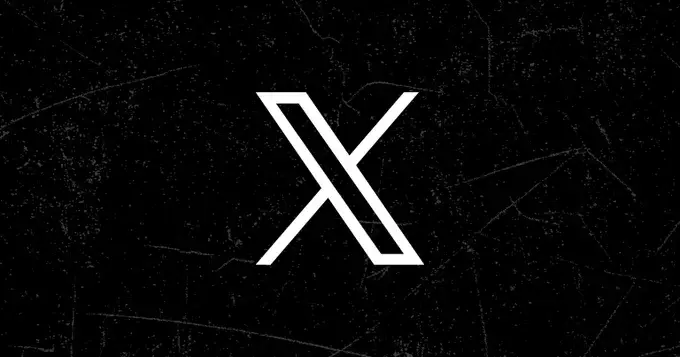The recent announcement from the European Commission regarding the status of X—formerly known as Twitter—has sparked discussions within the tech industry and among its stakeholders. While Elon Musk and his associates may perceive this ruling as a victory, the implications of the decision might suggest otherwise. This article aims to dissect this situation comprehensively, exploring the criteria for “gatekeeper” status and reflecting on what this means for X, its users, and the broader competitive landscape in Europe.
The European Union’s Digital Markets Act (DMA) is designed to level the playing field for digital businesses in Europe. Companies that are classified as gatekeepers are subject to rigorous operational requirements intended to facilitate fair competition. This includes mandates for data accessibility, interoperability with third-party services, and transparency in advertisement performance. Essentially, the EU aims to prevent established platforms from monopolizing user attention and financial resources, enabling smaller competitors to thrive.
However, according to the EU’s assessment, X does not meet the qualifications for this coveted gatekeeper classification. The criteria set forth by the EU include having a notable impact on the market, acting as a significant conduit for businesses to reach users, and maintaining a strong and stable market position. The investigation concluded that X does not fulfill these benchmarks, leading to its exemption from the more stringent regulations outlined in the DMA.
Analyzing the current state of X reveals a troubling trend. The platform, which reportedly had 105 million active users in Europe, has witnessed a decline of approximately 12 million users since August 2023. This downturn is particularly significant when juxtaposed with competitors like Meta, boasting 250 million active users, and TikTok, with 142 million active users in the EU. Such stark contrasts suggest that X is struggling to maintain its footing in a rapidly evolving digital ecosystem.
The adverse effects of this decline extend beyond mere user numbers; they infiltrate the core of X’s business model. A dwindling user base correlates directly with challenges in advertising revenue—a critical component of the platform’s financial success. With companies like Meta and TikTok not only retaining but expanding their influence, X’s waning relevance raises questions concerning its future viability.
In response to the EU ruling, Musk’s camp is framing the situation as a triumph of innovation and free speech, a narrative that resonates well with a specific audience. Musk has consistently advocated for minimal regulation, portraying government oversight as a hindrance to progress. Nonetheless, this stance merits scrutiny; labeling the decision as a win overlooks the critical context in which it was rendered.
The fact that X is not subjected to heightened regulations due to a lack of market power and influence does not paint a rosy picture for the platform’s future. Rather, it signals that X is presently unable to compete on the same stage as its larger counterparts. Thus, while Musk may rally for less regulation, the underlying reality—X’s diminished significance—suggests a deeper challenge that transcends bureaucratic oversights.
X’s situation should prompt a broader analysis of the tech landscape in Europe and beyond. The ruling highlights how rapidly evolving consumer preferences and demographic shifts can impact the relevance of digital platforms. As younger users gravitate toward more engaging or innovative platforms, those like X may find themselves increasingly marginalized.
The EU’s decision signifies a potential shift in how tech companies may be evaluated going forward. Future regulations might not only be applied based on current user engagement but also on projected growth and adaptability in the face of competition. For X, this means a pressing need to reevaluate its strategies to not only regain its lost users but also to reinstate itself as a formidable player within the market.
While Elon Musk and his team may revel in the European Commission’s ruling against stringent regulations on X, the reality is more nuanced. The platform’s failure to qualify as a gatekeeper suggests a troubling decline in user engagement and market influence. Even as Musk portrays the outcome as a victory against bureaucracy, the decline in X’s relevance poses significant questions about its future in a competitive digital landscape. Thus, one can argue that this ruling is less about the triumph of freedom and more about the stark recognition of X’s current market position—or lack thereof.

